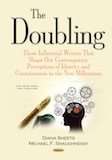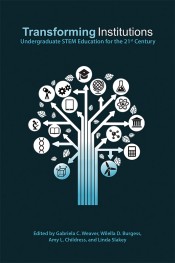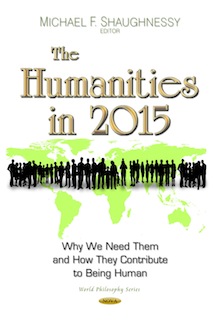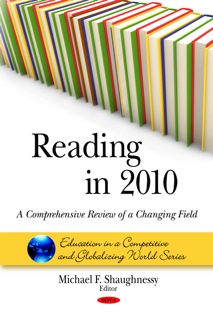Commencement Speakers, Academic Freedom, and the Pursuit of Excellence
Copyright © 2014 by Diana E. Sheets
Commentary Published on Huffington Post on May 19, 2014 and republished on Literary Gulag with minor corrections
Once upon a time commencement speakers at colleges and universities were prominent authorities who occupied positions of power and sought to offer advice, if not wisdom, to graduates. They were successful. They worked at important institutions that shaped policy and ideas throughout the world. These leaders were inspirational. Students listening to them hoped to gain perspective and insight. These occasions were aspirational. Every undergraduate might dream of making similar contributions to society. No one expected that the men and women giving these commencement addresses necessarily embraced one’s personal values or one’s political worldviews. Intellectual diversity was the order of the day. Excellence was the engine of success. The belief, shared by most, was that as individuals about to make our way in the world we were mature enough to listen to, if not appreciate, a speaker whose views didn’t necessarily mirror ours. After all, wasn’t that what it meant to be an adult? Maturity meant sophistication, which was nurtured by the complexity of ideas, differing opinions, and the exposure to leaders who had access to power.
Sadly, this is no longer the case. Today, increasingly, faculty and students insist that they, their friends, their peers, their social networks, and their colleges and universities express “truth to power.” The assumption is that all power is corrupt, that only the disenfranchised, the victims, and the individuals living on the margins have noble intents. This perspective is child-like in its advocacy of a monolithic culture where one never has to encounter ideas, worldviews, people, and principles that oppose one’s own. What matters is embracing social justice and advocating a minimal ecological footprint absent the vaguest notion of what is necessary to achieve these ends. What’s driving this goal is a disingenuous urge to declare “I’m a good person!” But this declaration is infantile. It is uttered only by those who inhabit the phantasmagorical. Never are these beliefs subject to the harsh light of reality. No one asks the difficult questions about what would actually be required to implement these objectives on a global scale.
This year Ayaan Hirsi Ali, a fierce advocate for women’s rights in Islamic society, was rejected as a commencement speaker at Brandeis University. Former Secretary of State Condoleezza Rice, who served under President George W. Bush, was forced to decline the invitation to address graduating seniors at Rutgers University because of the threat of disruptive protests. Christine Lagrade, current head of the International Monetary Fund (I.M.F.), was “disinvited” to speak at Smith College after it became clear that student and faculty resistance to I.M.F. policies would disrupt her commencement address. Robert J. Birgeneau turned down an offer to appear as a commencement speaker at Haverford College because of student and some faculty demands that he apologize for the excessive force used by the university police during the “Occupy Cal” demonstrations in 2011 when he served as chancellor at the University of California campus at Berkeley.
Years ago as a graduate student at Columbia University in the 1980s, I attended a lecture by former Secretary of State Henry Kissinger who served under President Nixon. I also went to a talk by MIT linguist and leftist Noam Chomsky. I chose to hear a lecture by Nobel prize-winning scientist James Watson whose pioneering discoveries of DNA were subsequently overshadowed by his failure to acknowledge the significant contributions of his colleague Rosalind Franklin. Why did I attend these talks? I was curious. It would never have occurred to me to refuse to hear speakers whose views might be oppositional to mine. Intellectual growth necessitates becoming exposed to differing ideas and worldviews even if they threaten our core values and beliefs. To do less is to relinquish academic freedom in favor of social conformity.
Imagine my disappointment today to witness how petty academe has become. Faculty and students increasingly don’t have to encounter any leaders or intellectual ideas that are oppositional to theirs. They don’t have to endure the discomfort of coming face-to-face with difficult challenges that will potentially upend their beliefs. Today’s intellectual milieu on and off campus is greatly diminished. Academic freedom requires vigilance. We must continually challenge our ideas and principles or risk facing a world in which we are rendered powerless against adversity. It’s not difficult to imagine the consequences.









